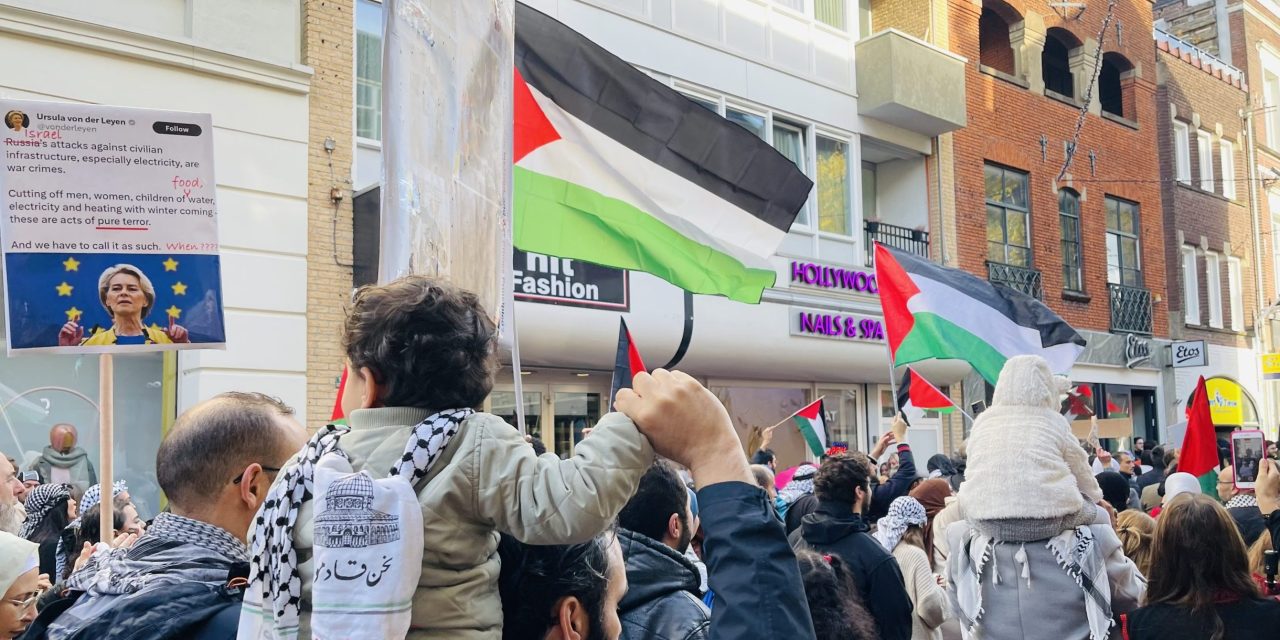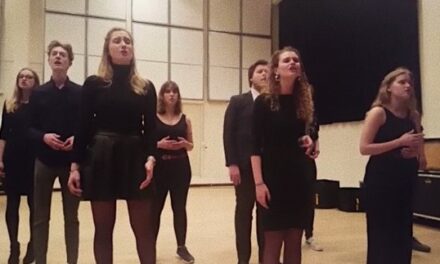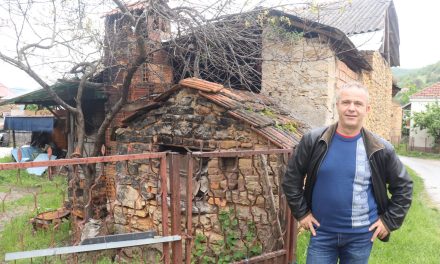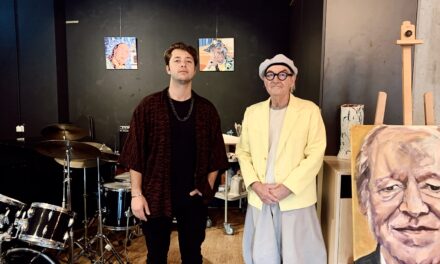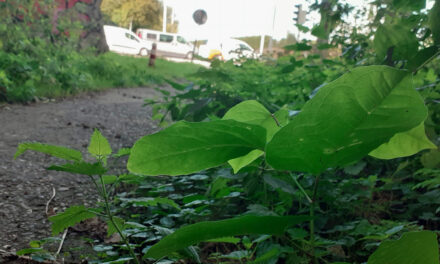Demands worldwide for a ceasefire in Gaza are escalating in the wake of the tragedy faced by the people of Gaza following the Hamas attack on October 7, which provoked Israeli anger and led to numerous massacres. According to the Ministry of Health in Gaza, as of December 11, the number of casualties reached 18,205 Palestinians killed in the Israeli attacks on Gaza.
The world witnessed massive solidarity on social media, as well as numerous protests and solidarity gatherings in addition to boycott campaigns worldwide, especially in Europe. Participants called for a ceasefire, condemning the massacres committed by Israeli forces.
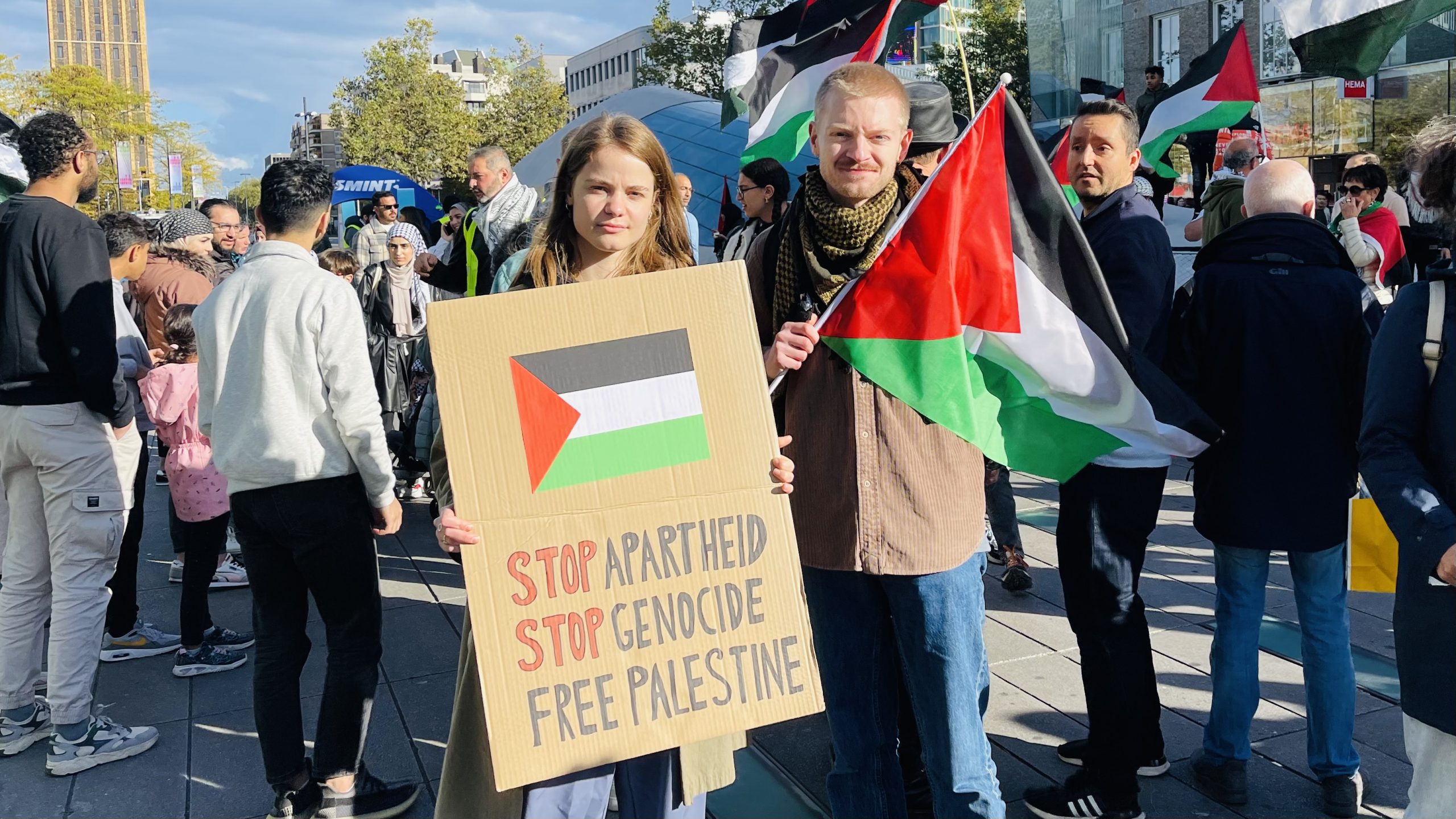
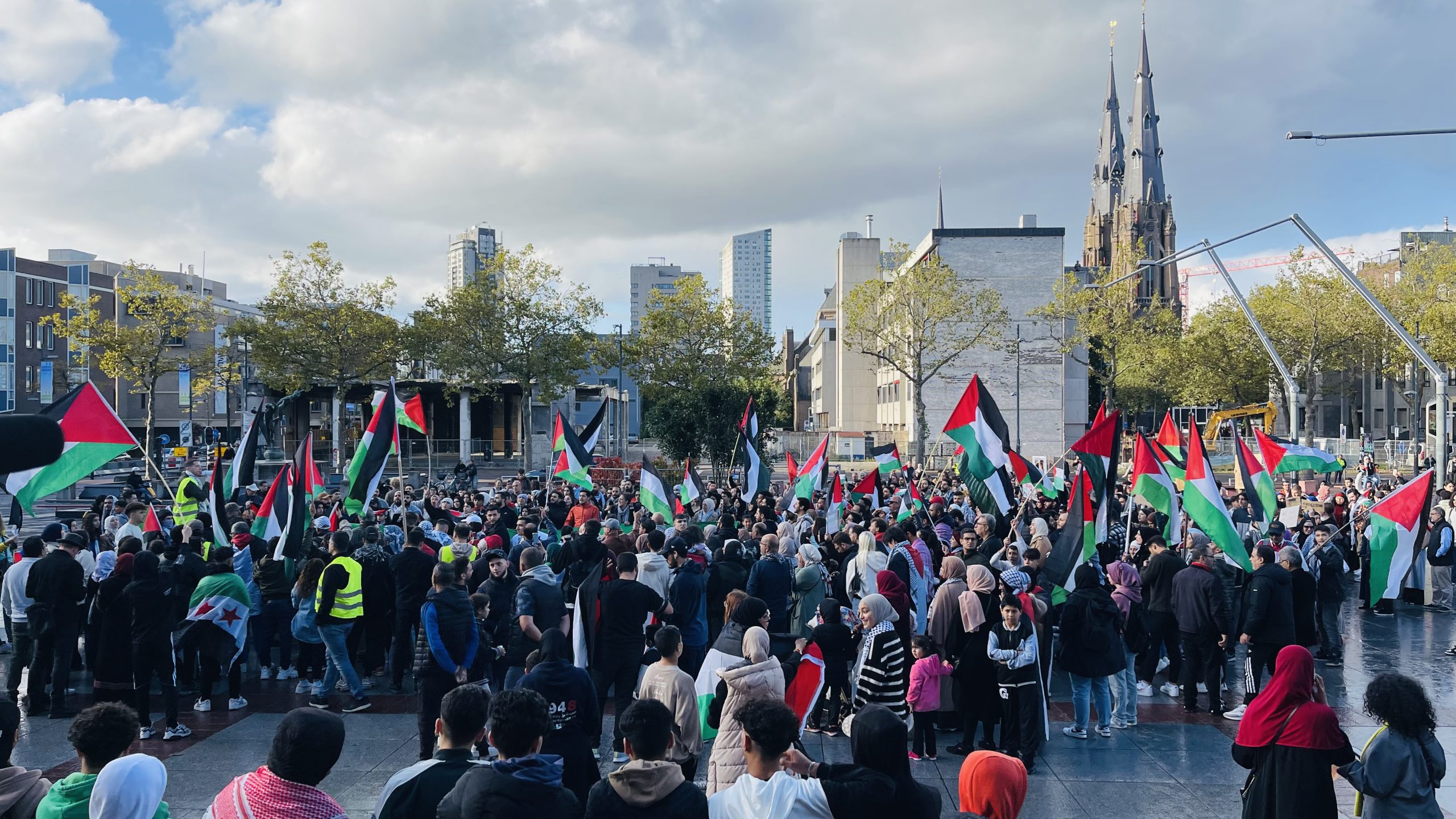
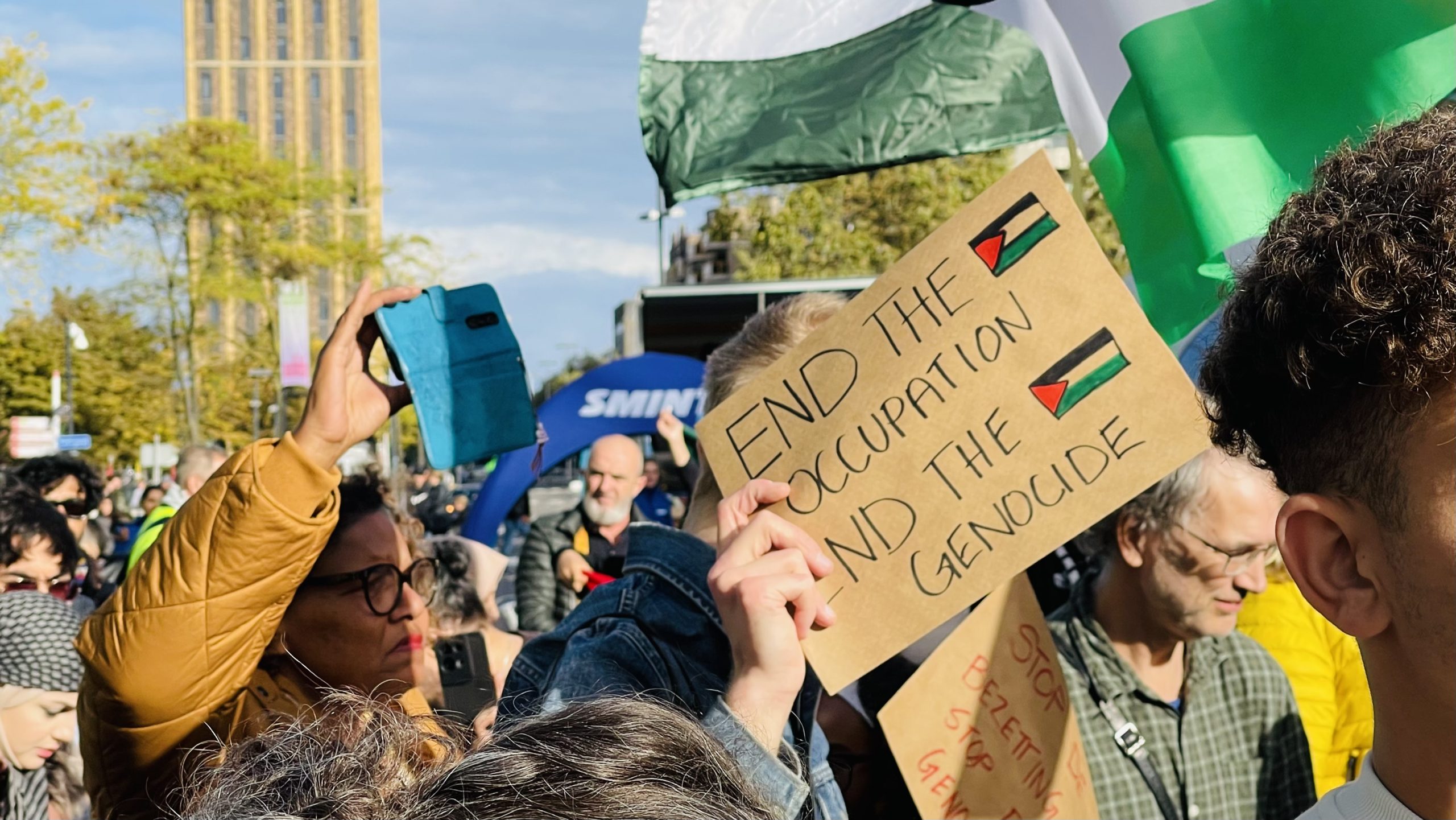
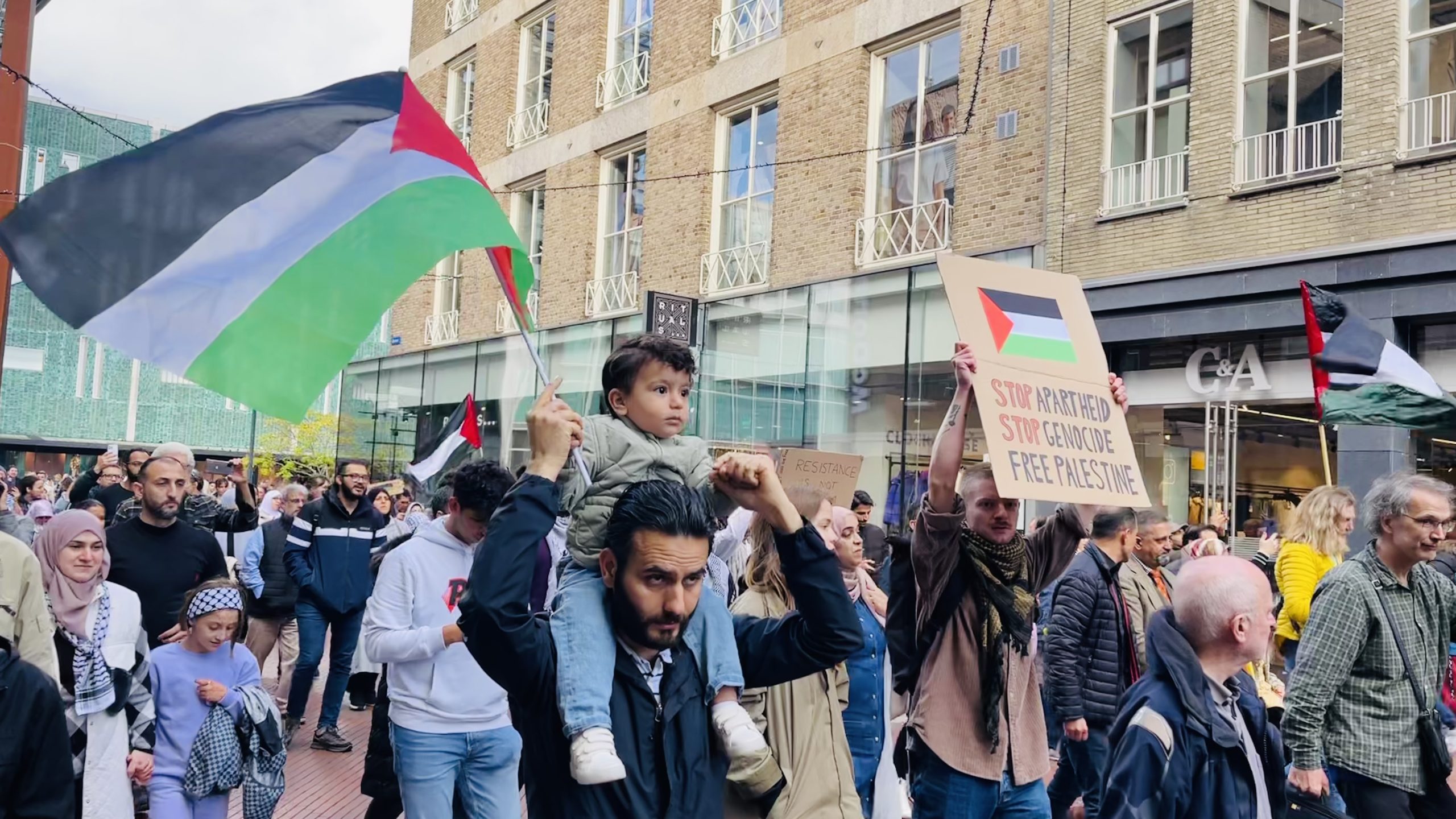
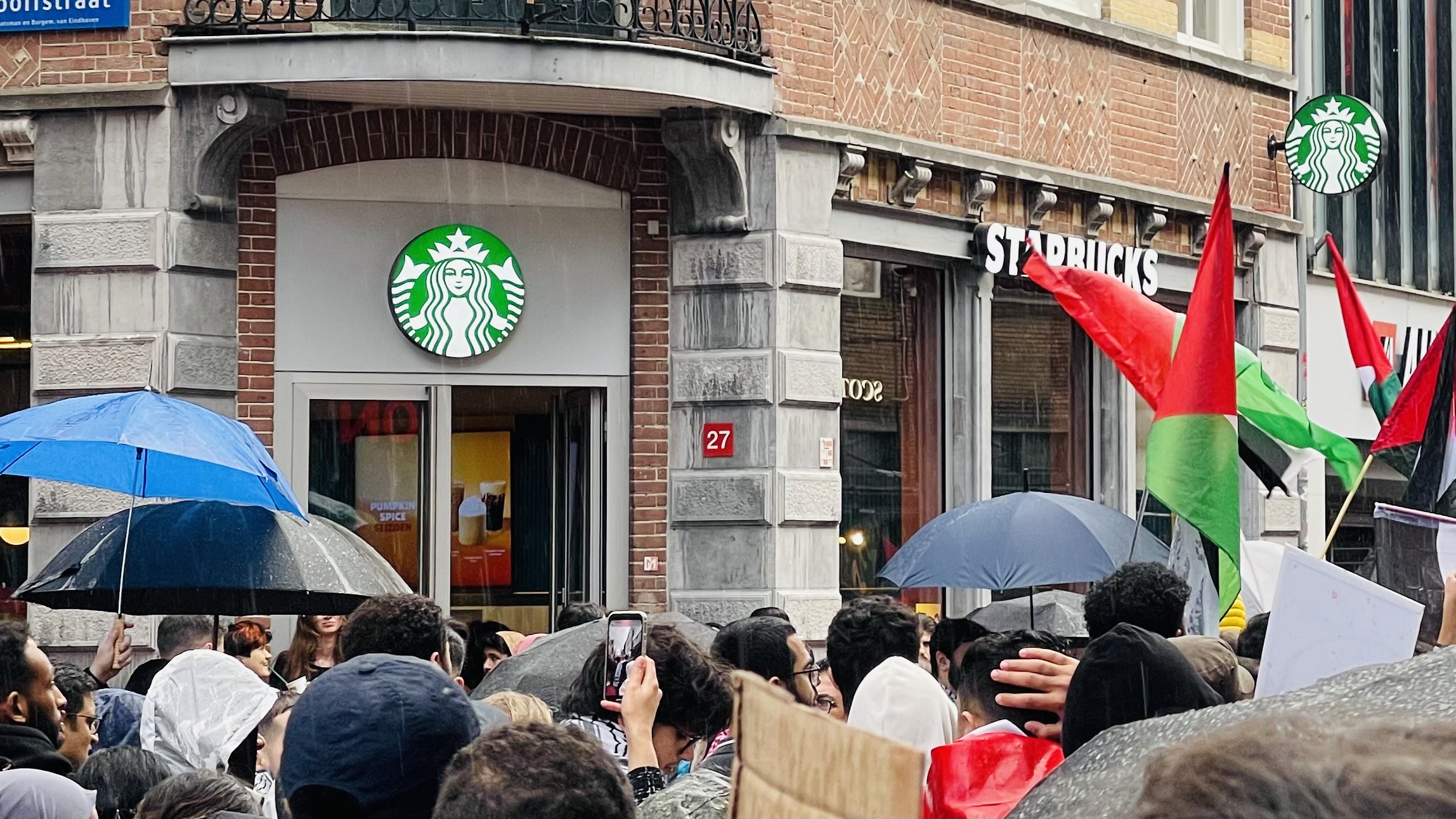
Demonstration on October 14 in Eindhoven to demand an end to the genocide in Gaza
The International Court of Justice affirmed in 2004 that Israel, as an occupying power, does not have the right to rely on Article 51 of the UN Charter, which allows states to take measures in self-defense when under aggression. According to the United Nations International Organization in 1974, the General Assembly adopted a resolution recognizing the right of the Palestinian people to self-determination and independence. In the same year, it adopted a resolution recognizing the Palestine Liberation Organization.
Rewaa Mershid, a journalist and Palestinian activist residing in Belgium who worked as a news correspondent during the wars in Gaza, commended the importance of advocating for the Palestinian cause. She highlighted the solidarity of the Belgian community with the Palestinian issue, positively influencing the government’s stance.
She pointed out that Western governments exhibit solidarity with the Israeli narrative. She mentioned that when organizing protests, there was increased scrutiny, and obtaining permits for demonstrations became challenging.
However, with documented evidence of Israeli attacks through videos and images, there has been a shift in the opinion of the European public in favor of the Palestinian cause. It has become easier to organize activities, with permits being granted within an hour. The latest protest in Belgium attracted 100,000 participants.
Aware that initial reports were misleading, Rewaa mentioned that the Belgian voice is now prominent during protests. Participants carried pictures of Gaza’s children killed by Israel, placing them on the doors of the Belgian Parliament, chanting and expressing their emotions.
We also began to receive invitations and seminars at universities to tell them about Palestine, as what happened in Gaza had begun before October 7.
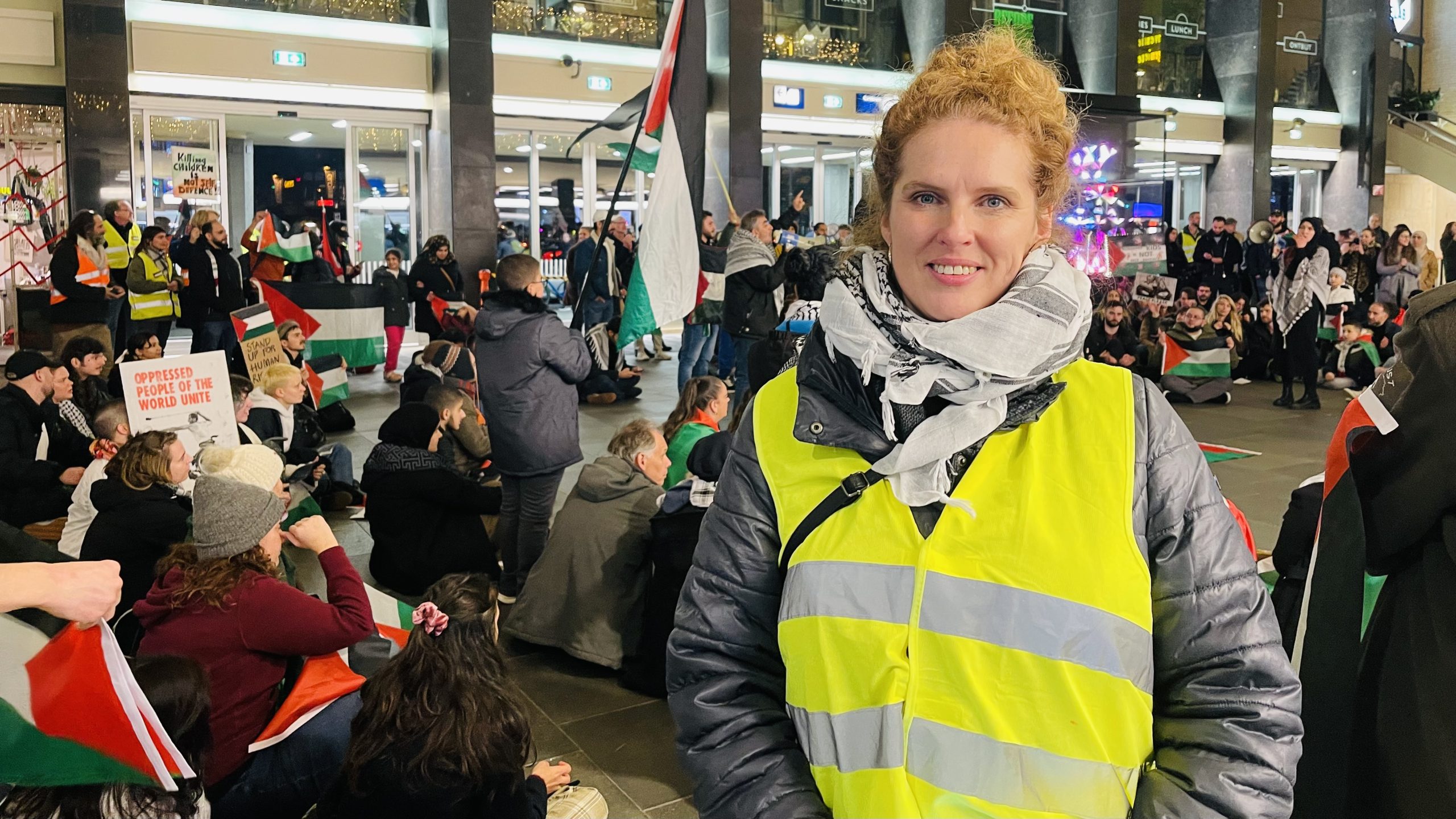
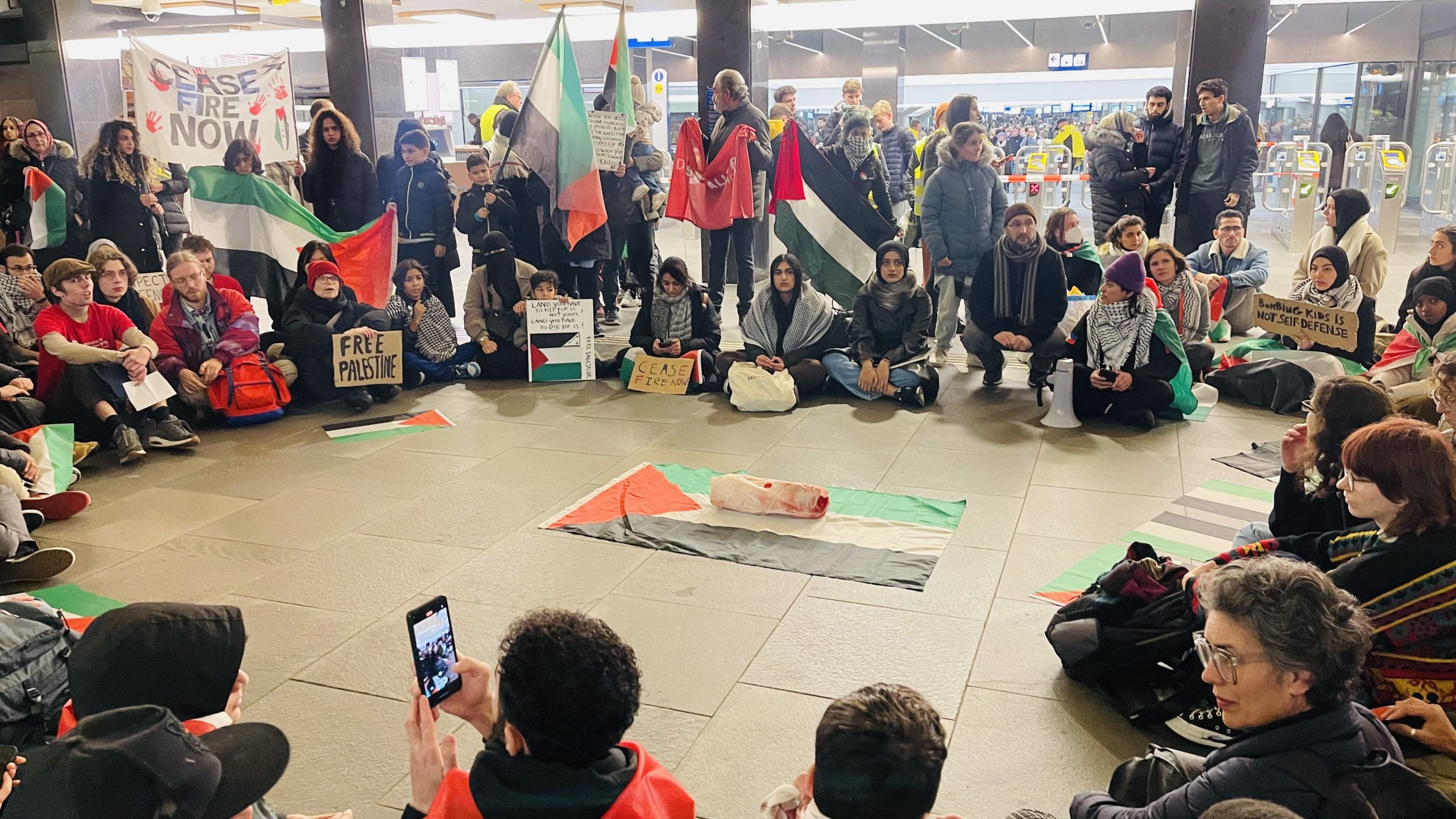
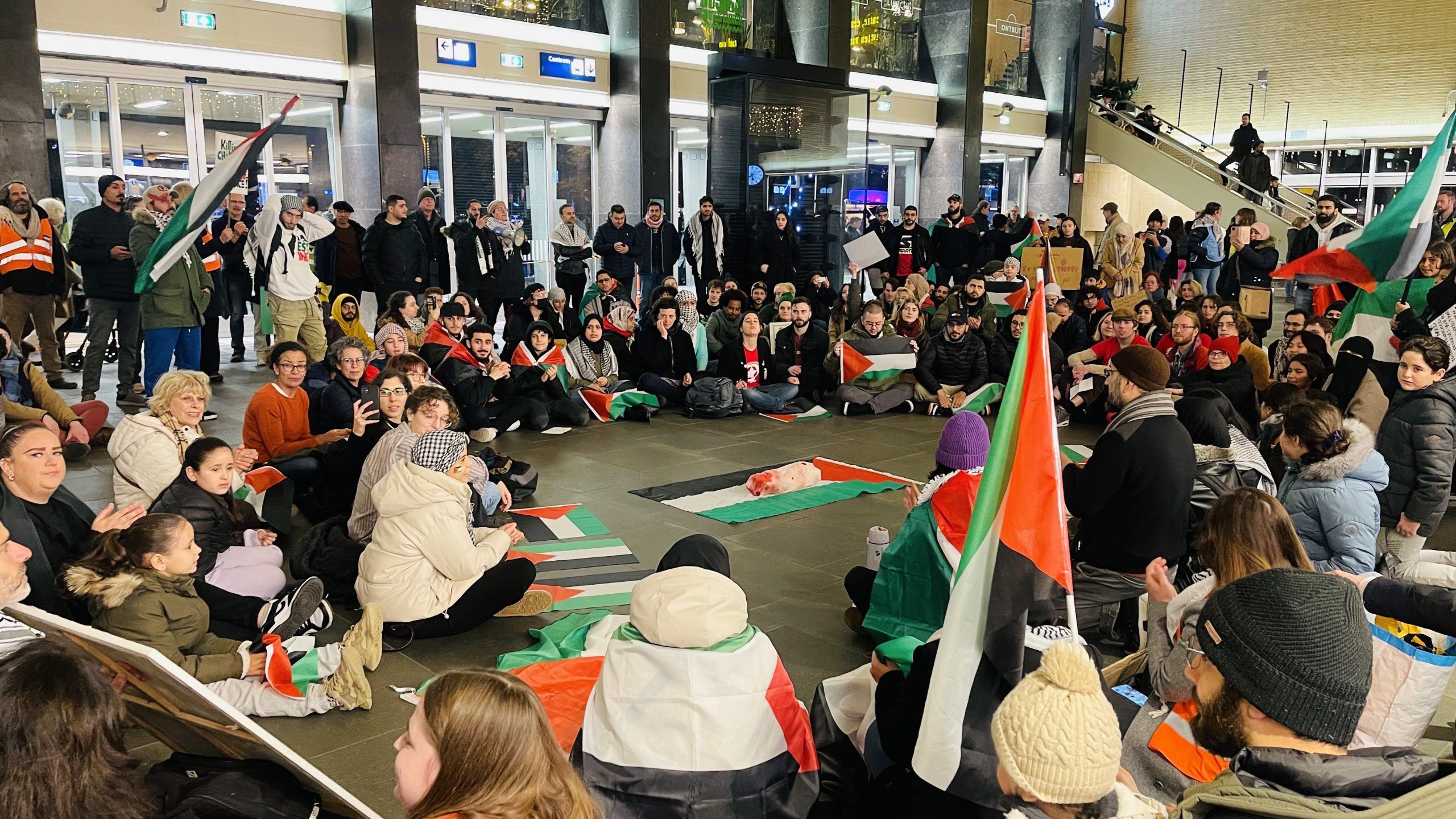
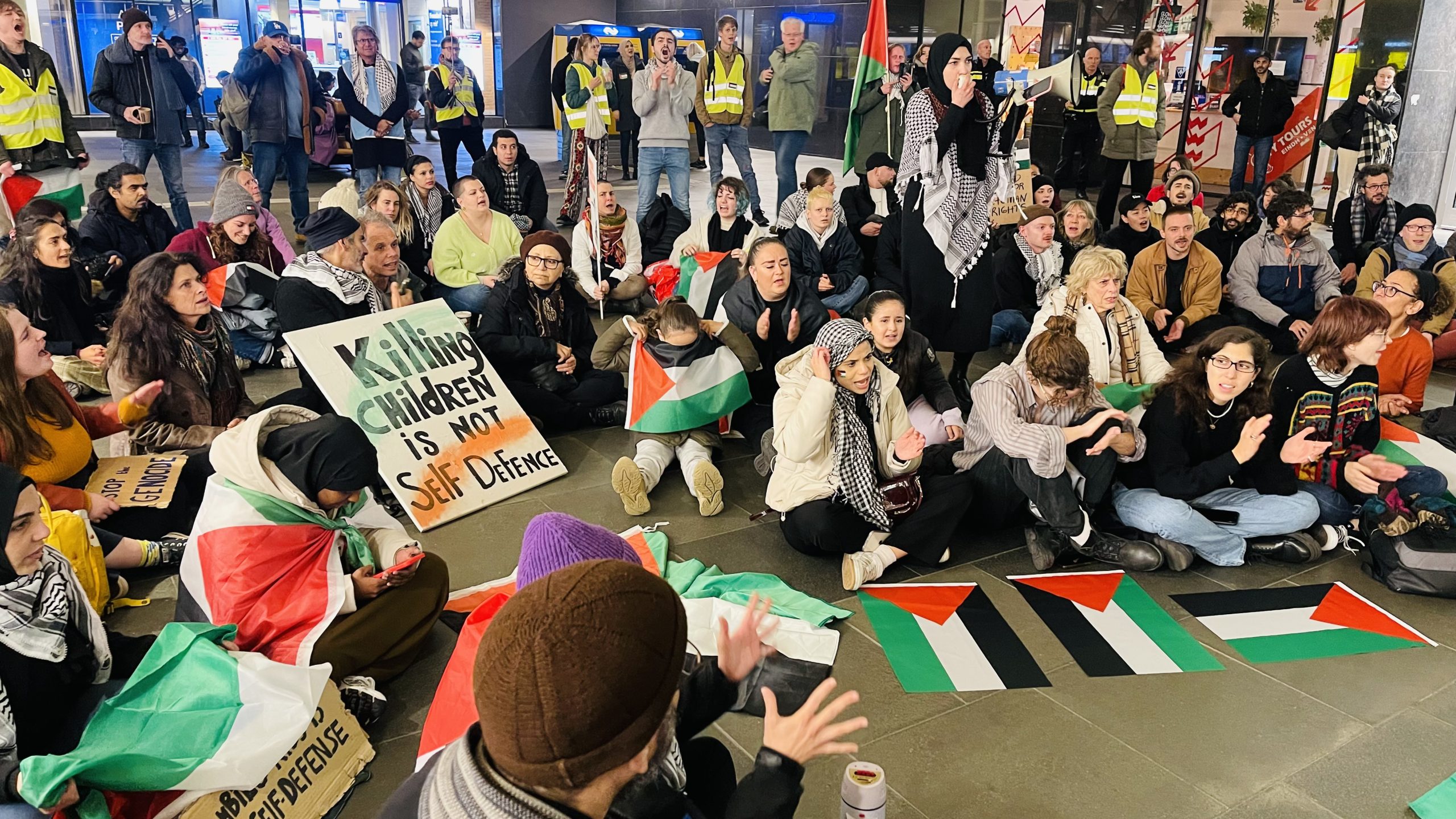
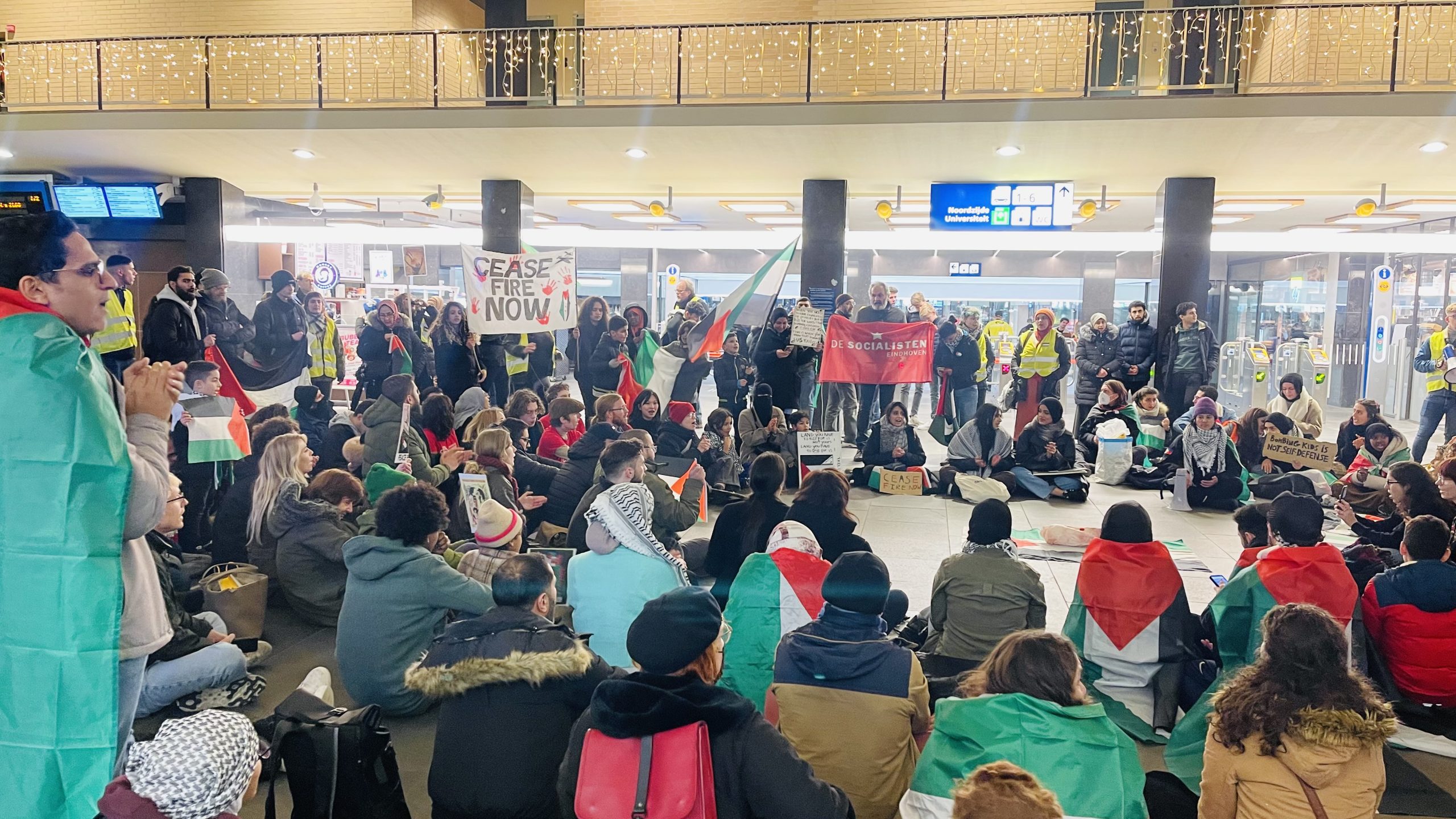
A solidarity stand at Eindhoven station on November 16, coordinated by Dutch organizations
As for the Netherlands, while covering one of the solidarity vigils in Eindhoven, Marika, an activist in the Kozp Foundation, said “that the pictures that we have seen since what happened in October are very shocking. Every day the same violence and continuous bombing of Gaza is repeated, and our government has not done anything. We know that what is happening began 75 years ago, but now we have become more involved in the Palestinian situation”. What is happening before our eyes is “genocide that must be stopped”. There are also restrictions on our publications on social media sites regarding advocacy for Palestine. We want to send a message to our government to” call for a ceasefire and to take the necessary measures for that”.Marika said “ the Dutch government does not speak on our behalf, It condones the violence taking place in Gaza. Israel is not listening to us now, but they will listen to our government”.
The significance of standing alongside the oppressed as a unified global opinion has been observed over the years. A study by researcher Thomas Zeitzoff indicates that in the 2012 Israel-Gaza war, social media played a pivotal role in achieving a ceasefire. The support for Palestinians helped ease the conflict, to the point where it exerted a more substantial influence than that of states on the conflict.
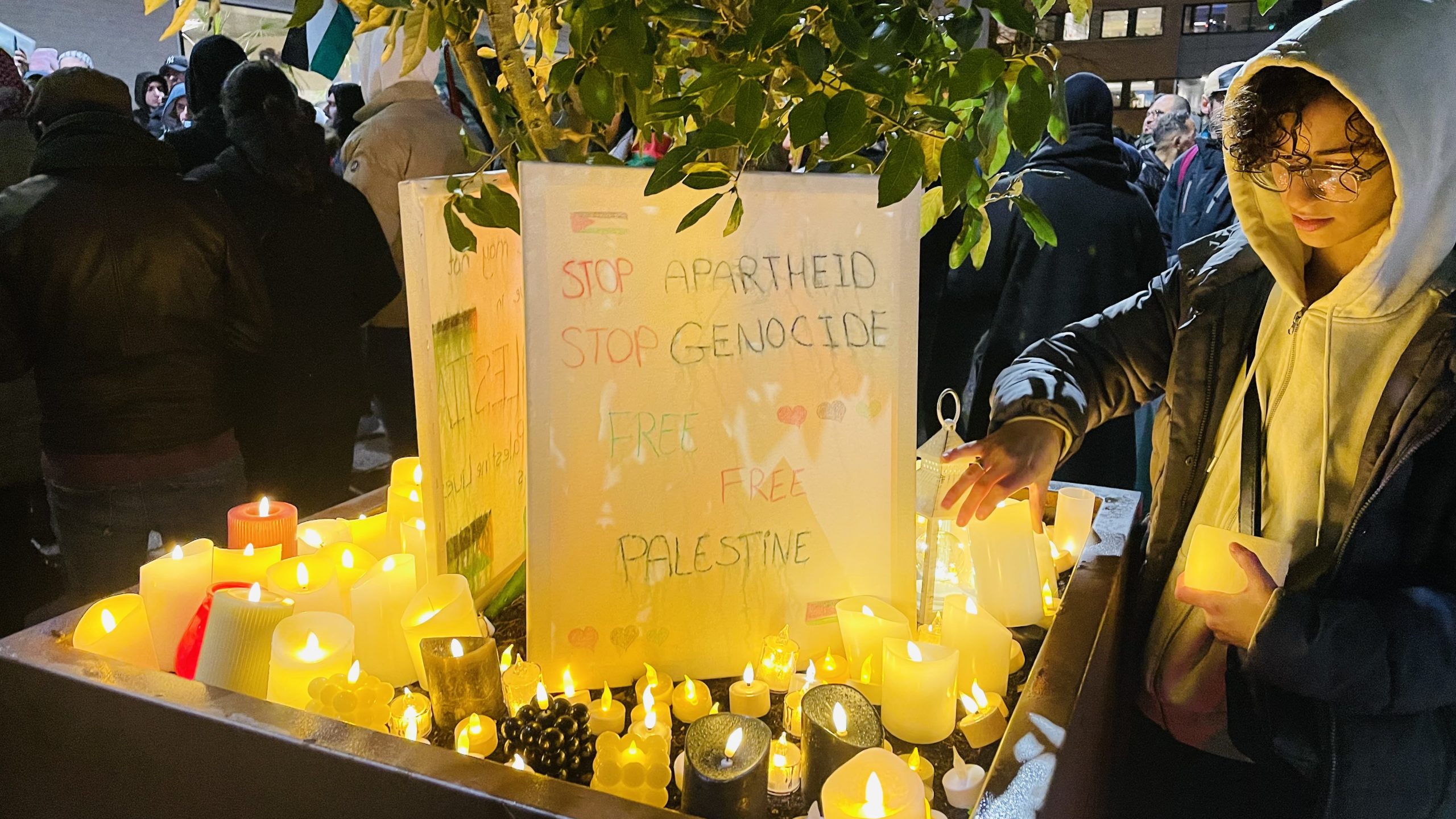
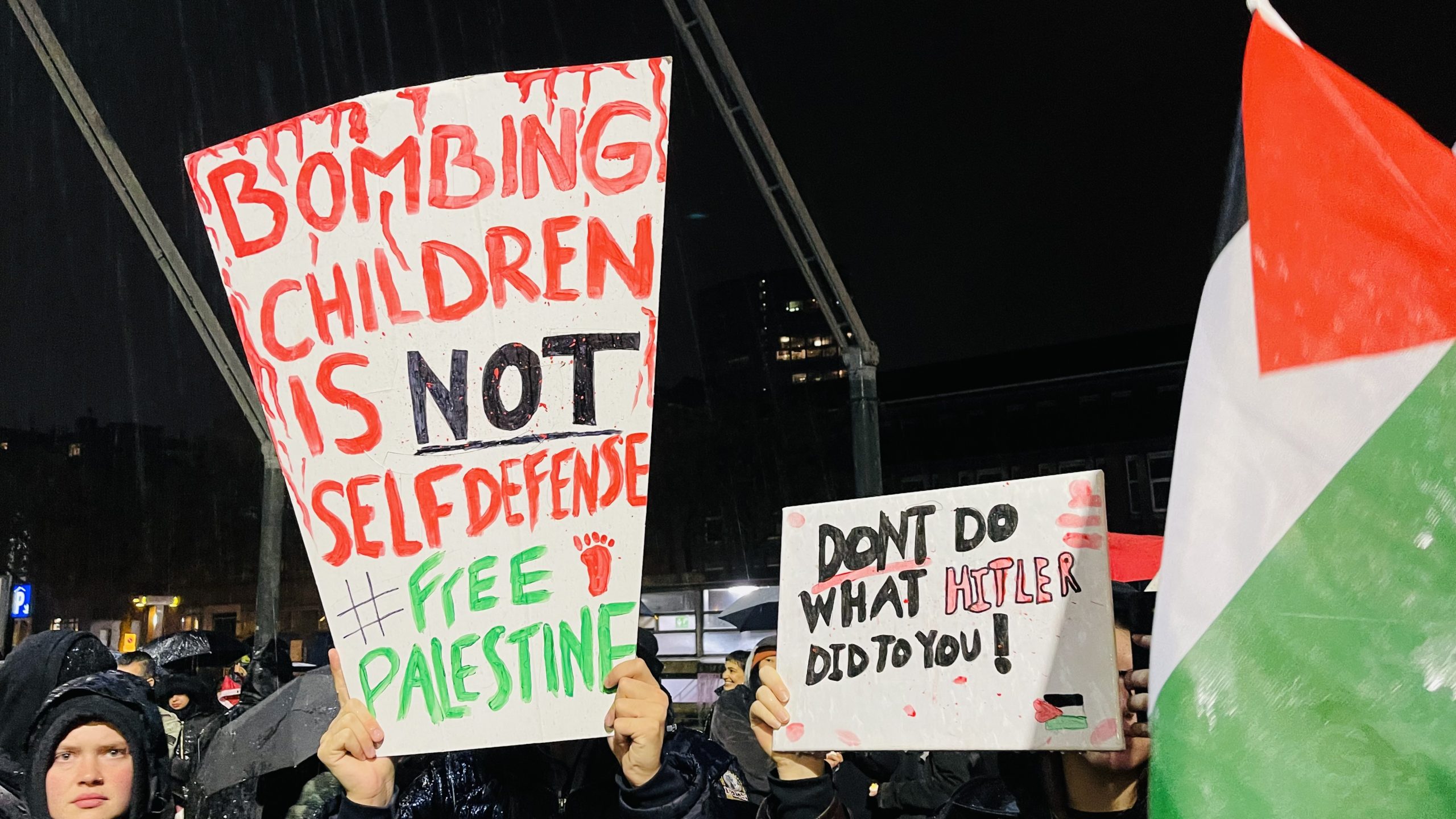
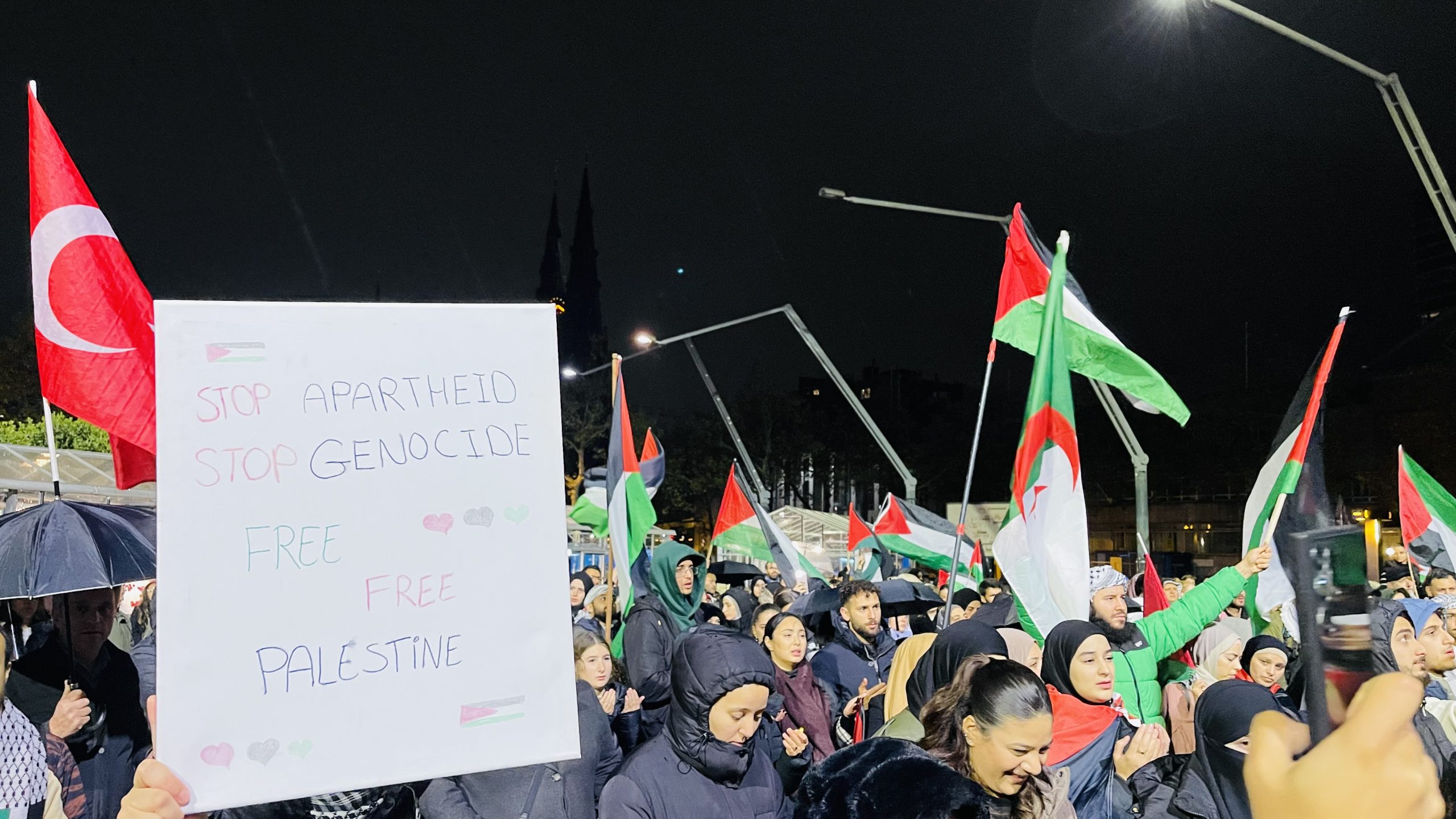
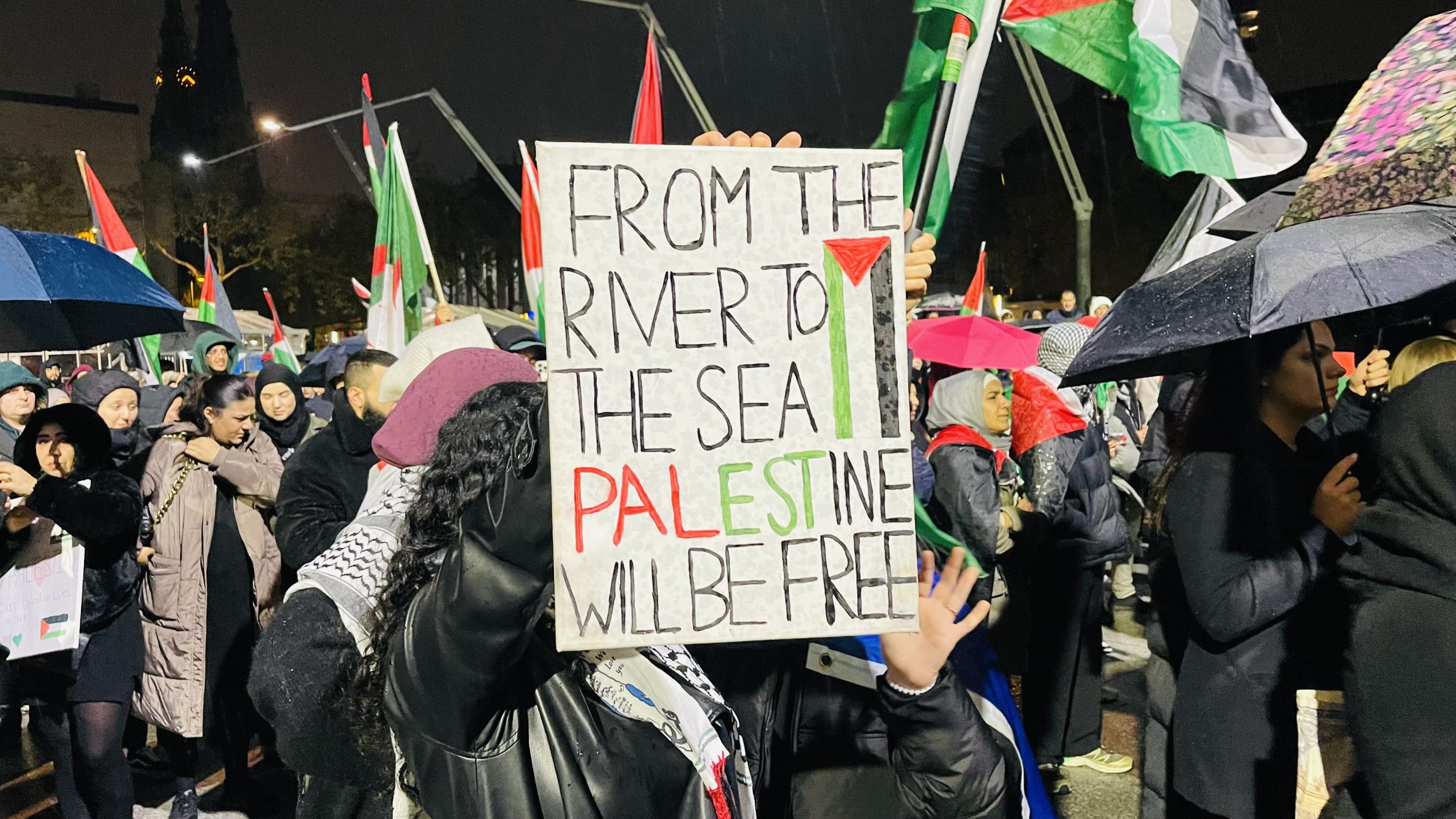
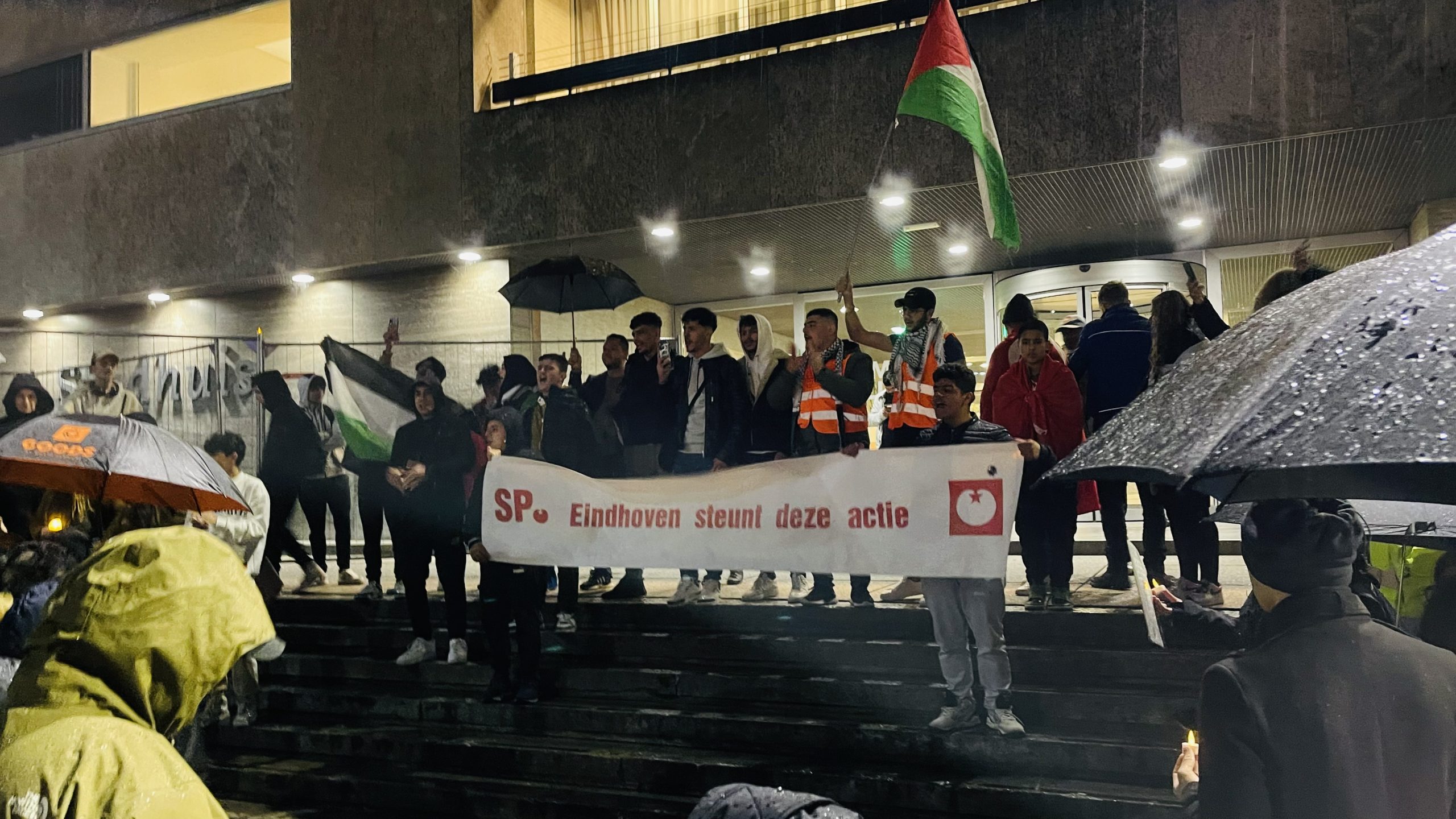
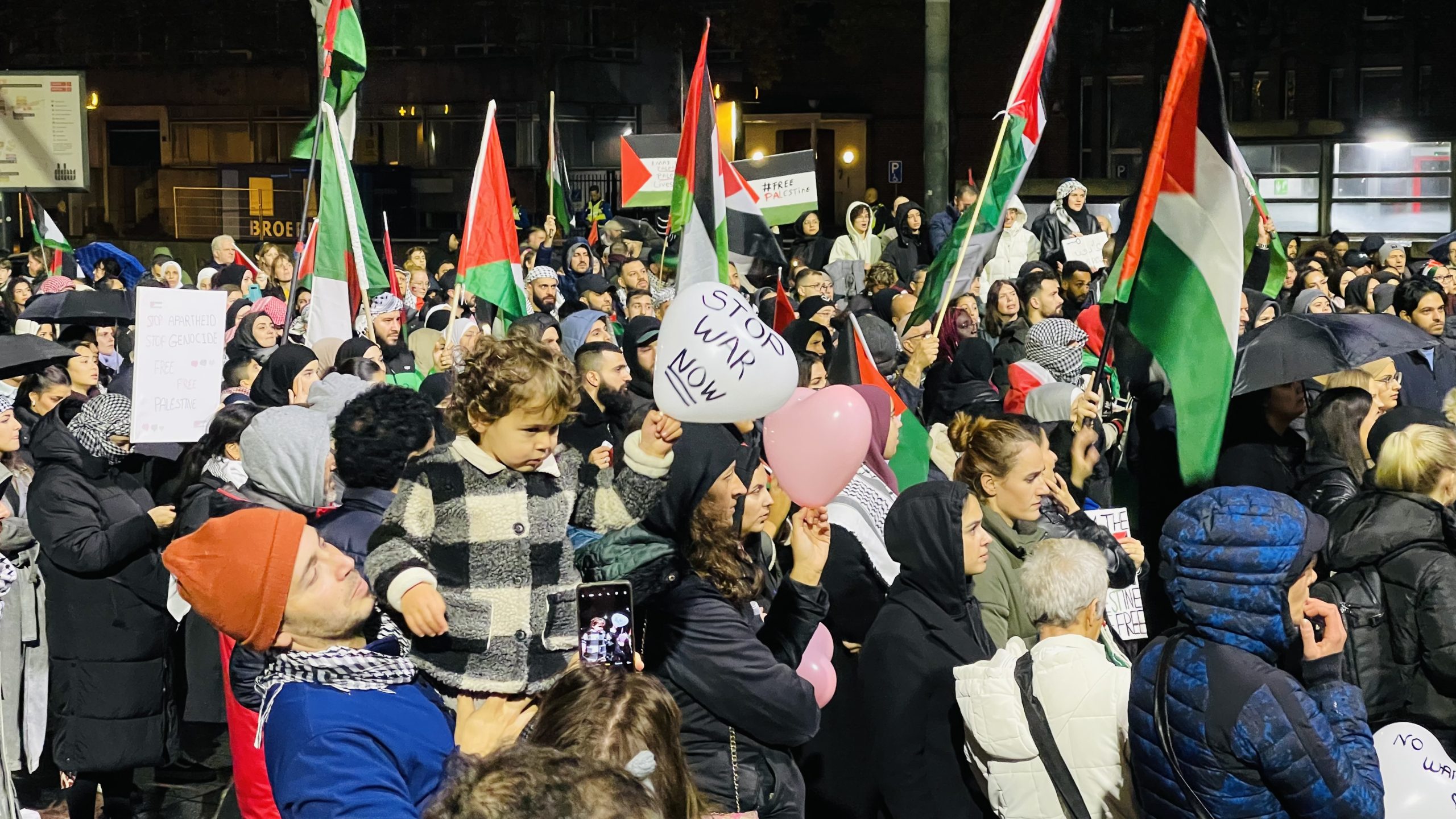
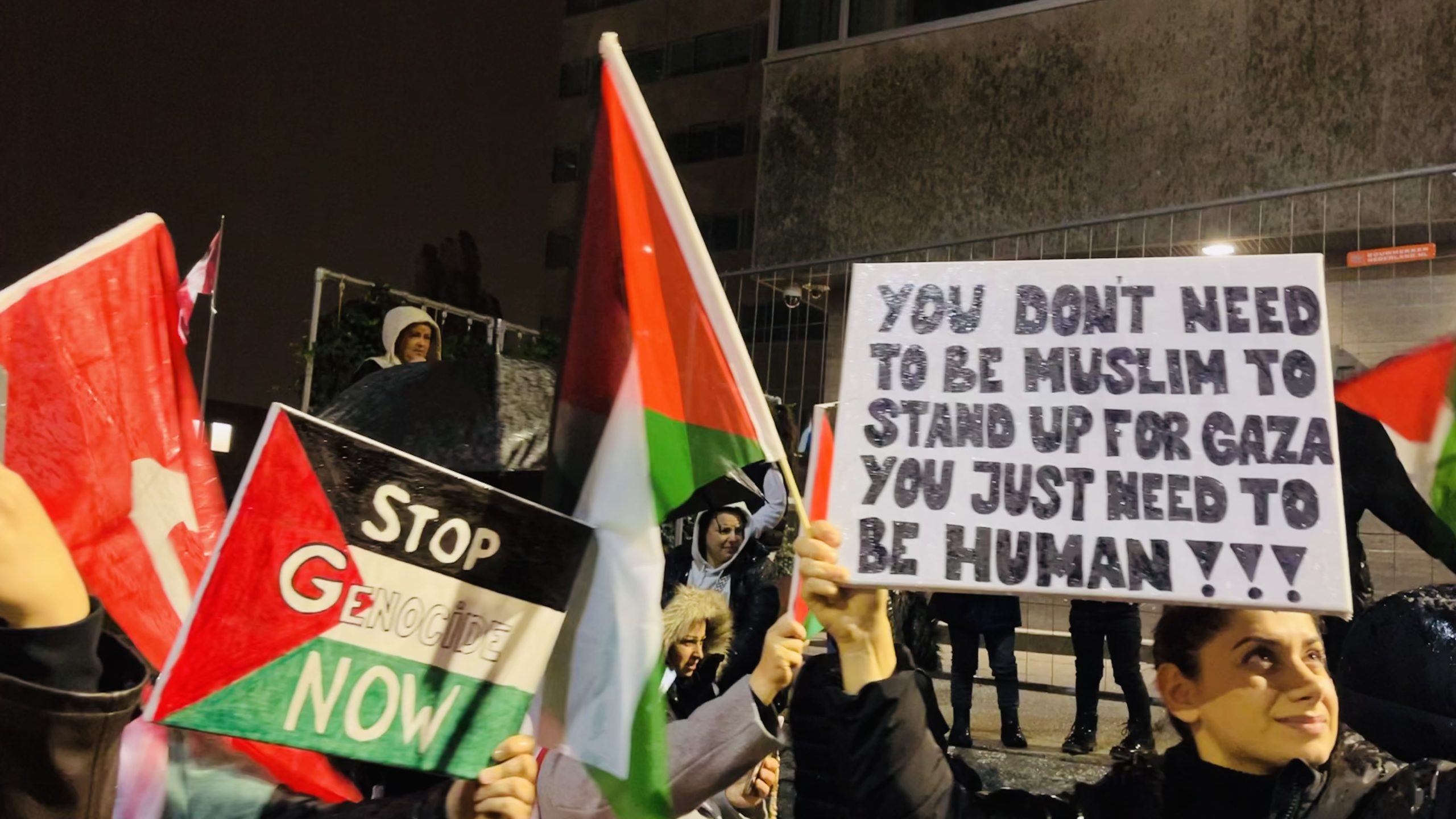
A demonstration in Eindhoven in front of the municipality on October 29 to stop the Israeli aggression on Gaza.
Regarding the effectiveness and importance of demonstrations and various activities in influencing the opinion of governments
Ahmed Skineh, who heads the European Initiative to Remove the Wall and Settlements, Secretary of the European Palestinian Conference, and Secretary-General of the Palestinian community in the Netherlands, points out that “there is no doubt that conveying the true picture of any event directly or indirectly affects decision-makers.”
Activities become another channel accompanying the channel from which the European political decision-maker listens. “Any Palestinian activity that conveys the image and narrative of this narrative comes to compete in its validity with the false narrative conveyed by the Israeli occupation, and thus places it on the political decision maker, whether this decision maker is a member of parliament, the head of a party, or they have a place within the party or at the governmental level.”
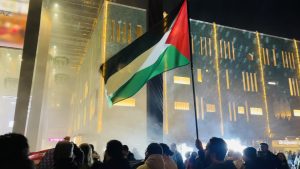
Youth demonstration in support of Palestine during the glow Festival in Eindhoven on November 11
Representatives of the Palestinian community met with a group of Dutch political parties and pointed out that “they have a demand that we send them reports and information because the information does not always reach them well. One of the politicians even told us to “knock on the door more often, even if it does not open, because when you knock once, twice, three times, four times, In the end, we must listen to the demands and then we will start thinking about it.” One-time methods are not enough, and therefore we say, “There is great importance for demonstrations, for activities, for reports that are submitted for political correspondence, in addition to social media.”
The second point: “We live among a people, among a society. This society is ultimately the reservoir of political parties.
Therefore, every Dutchman living in this country is either a member of a party or a supporter of one of the parties. Therefore, we are conveying the Palestinian narrative correctly in its European languages, in a language that Dutch society understands.”
